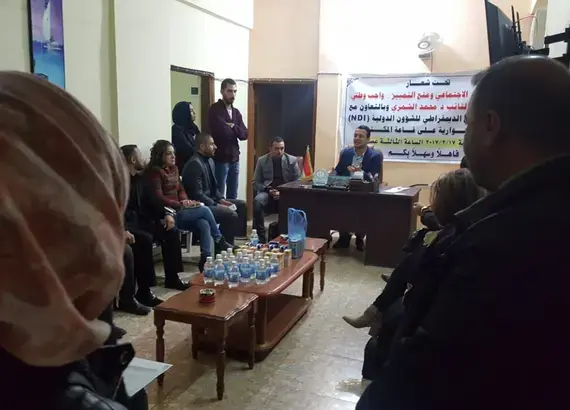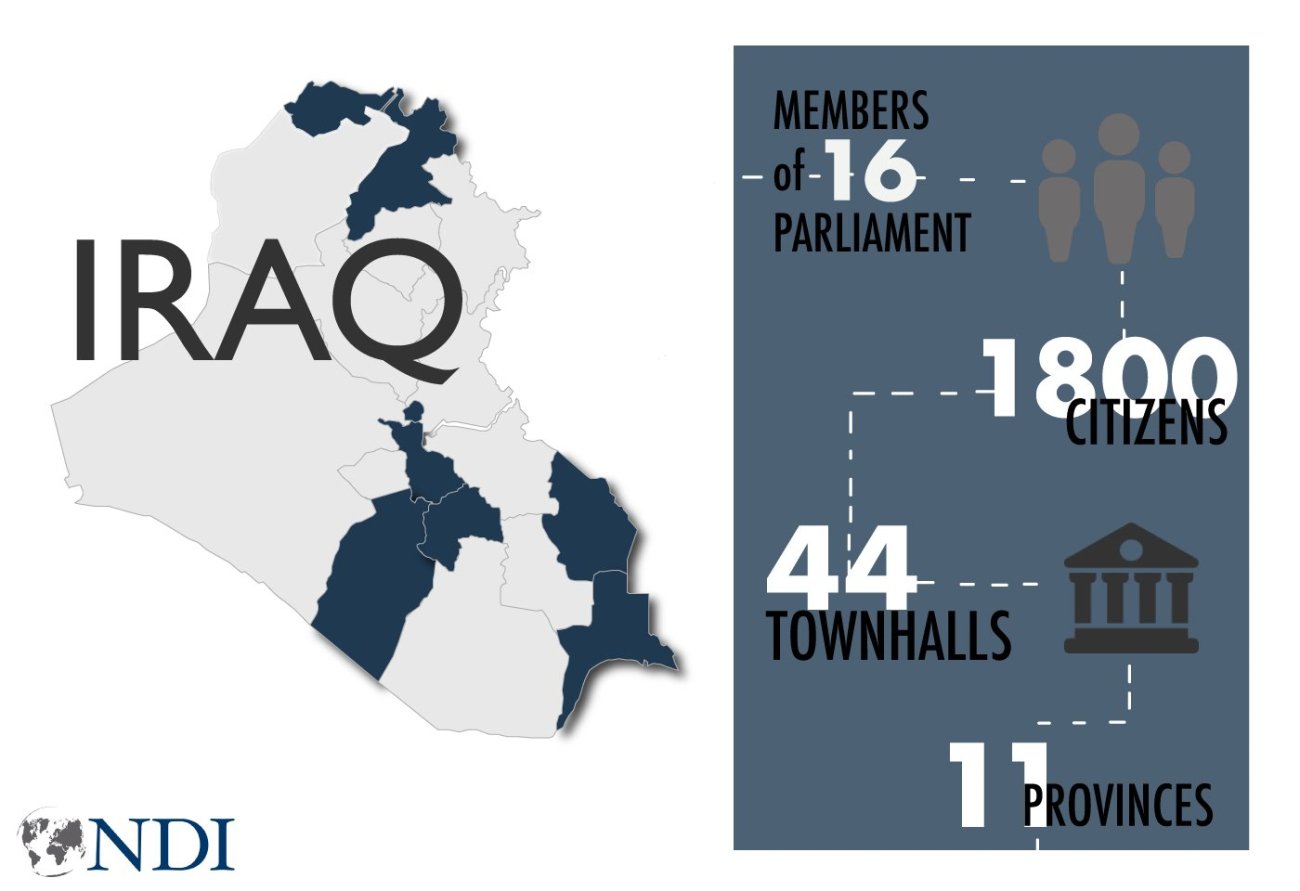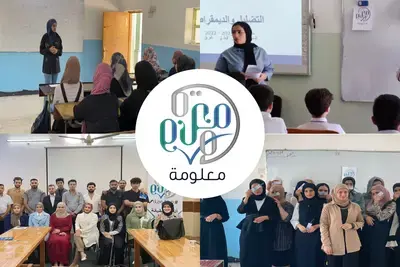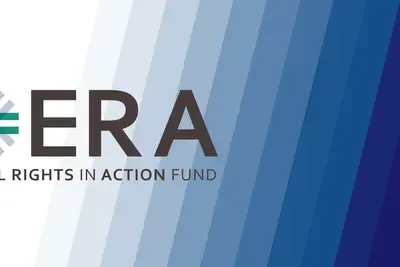
An MP gathers citizens for a town hall in Baghdad to share an update on the legislative agenda and discuss their priorities.
Success Story
Iraqi MPs Connect With Citizens at Town Hall Meetings
While Iraqi security forces continue to make progress liberating territories from the Islamic State of Iraq and Syria (ISIS), citizens are increasingly focused on the dire economic situation and rampant corruption, which they face on a daily basis. Findings from NDI’s public opinion research indicate that Iraqis feel disconnected from their elected representatives, who they see as apathetic to their concerns and input. They view political parties—not the people—as needing to reconcile and move on to their responsibilities to govern.
NDI is working with Members of Parliament (MPs) representing Iraq’s diverse communities to change that perception and build sustainable approaches to engage their constituents, on their terms. The first essential step is to meet citizens where they are, listen to their priorities, and respond to their concerns. As the country grapples with how to forge a vision for national reconciliation, 16 MPs have taken tangible steps toward this goal. In more than 40 town halls over the past six months, including citizens across sectarian, religious, and ethnic divides to discuss solutions in 11 provinces, MPs have answered questions from the public.

With coaching from NDI, MPs and their constituency outreach assistants are raising expectations with citizens, who are increasingly focusing on how to cope with daily challenges as the security situation improves in large parts of the country. One of the main concerns MPs raised with NDI at the outset of these efforts was how to manage tension and potential conflict between attending citizens. This was of particular interest to MPs in regions such as Anbar, Kirkuk and Ninewa, where many of Iraq’s embattled minorities—including Christians, Sabians, Shabaks, Turkmen, and Yezidis—reside. MPs’ outreach staff and NDI worked together to develop strategies to build trust with constituencies, and set a tone of respect in the town halls through facilitation techniques and clearly defined goals for the discussions.
We benefited from the assistance we received from NDI in managing such discussions and easing tensions among participants who come from different ethnicities and religions in Ninewa.
-Yezidi outreach assistant
These town halls have helped citizens across the country directly voice their concerns with elected officials. But this dialogue is only the first step to genuinely addressing citizen concerns. NDI-supported constituency outreach assistants are based in each district and specifically tasked with tracking case files with line ministries and following up with citizens to resolve problems. Several MPs have also used the highlights of these town halls to connect citizens’ concerns with legislative action. During a follow-up town hall with internally displaced persons (IDPs) from Ninewa, a citizen expressed his gratitude to his MP, “The last time we met at a policy discussion, we asked you to declare Ninewa Plains a disaster area. You worked with parliament to get it done.” Other MPs have taken issues raised in town halls to their work in parliamentary committees. More than 1,800 citizens have voiced their opinions through town halls, about a range of issues, from basic service delivery to national reconciliation.
“Forward-reaching outreach initiatives that engage citizens about policy priorities remain an infrequent practice in Iraq,” NDI’s Iraq country director, Ancuta Hansen, explains. “But with coaching from NDI, MPs and their constituency outreach assistants have come to embrace the idea.”
NDI’s constituency outreach program supports MPs and their assistants to operate offices throughout the country, providing an opportunity for elected representatives and hundreds of citizens to interact on a daily basis. This program is implemented with funding from the U.S. Department of State’s Bureau of Democracy, Human Rights, and Labor.



